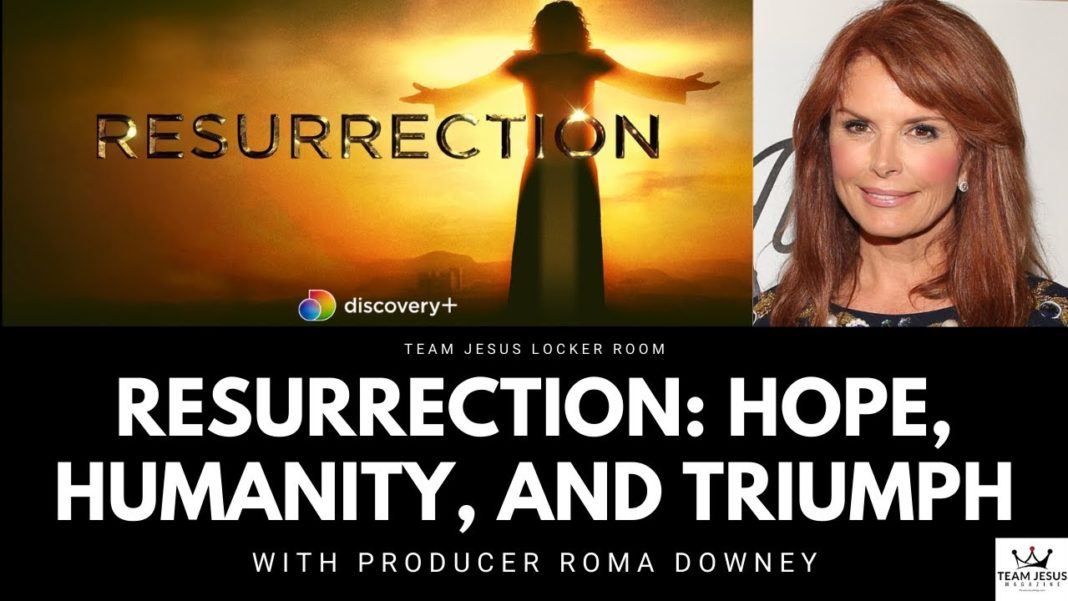A Colorado Christian baker who won a partial victory at the US Supreme Court in 2018 for refusing to make a wedding cake for a same-sex couple went on trial Monday in yet another lawsuit, this one involving a birthday cake for a transgender woman.
Autumn Scardina attempted to order the birthday cake on the same day in 2017 that the high court announced it would hear baker Jack Phillips’s appeal in the wedding cake case. Scardina, an attorney, requested a cake that was blue on the outside and pink on the inside in honor of her gender transition.
Her lawsuit is the latest in a series of cases around the US that pit the rights of LGBTQ people against merchants’ religious objections, an issue that remains unsettled by the nation’s top court.
On Monday, during a virtual trial being conducted by a state judge in Denver, Scardina said Phillips had maintained that, as a Christian, he opposed making the gay couple’s wedding cake because it involved a religious ceremony but would sell any other type of product.
She said she called Phillips’s Masterpiece Cakeshop to place the order after hearing about the court’s announcement because she wanted to find out if he really meant it.
When her lawyer Paula Greisen asked whether the call was a “setup,” she said it was not. “It was more of calling someone’s bluff,” she said.
In opening arguments, a lawyer representing Phillips, Sean Gates, said his refusal to make Scardina’s cake was about its message, not discriminating against Scardina, echoing assertions made in Phillips’s legal battle over his refusal to make a wedding cake for Charlie Craig and Dave Mullins in 2012. With Phillips getting media attention since then, he could …
News brought to you by Christianity Today



